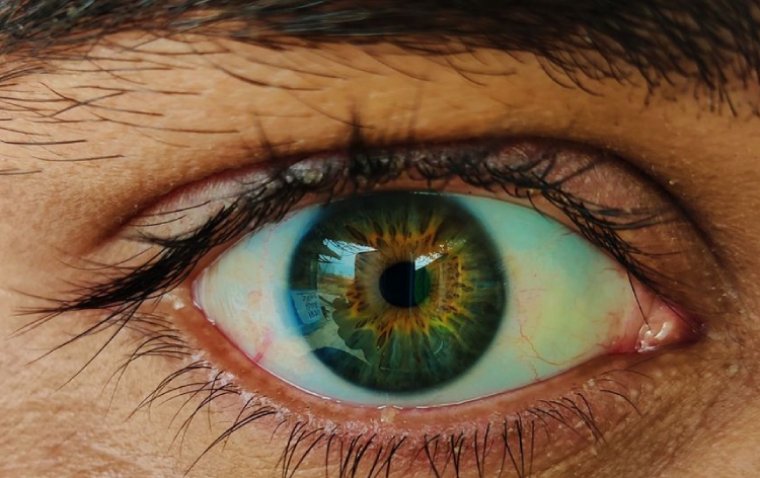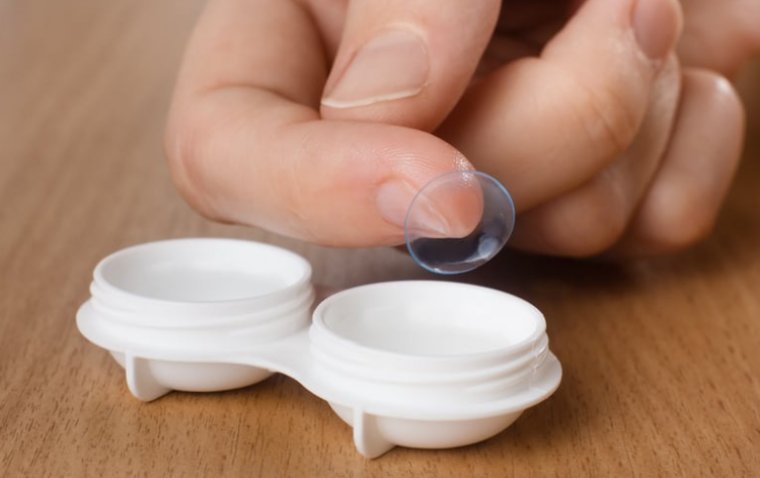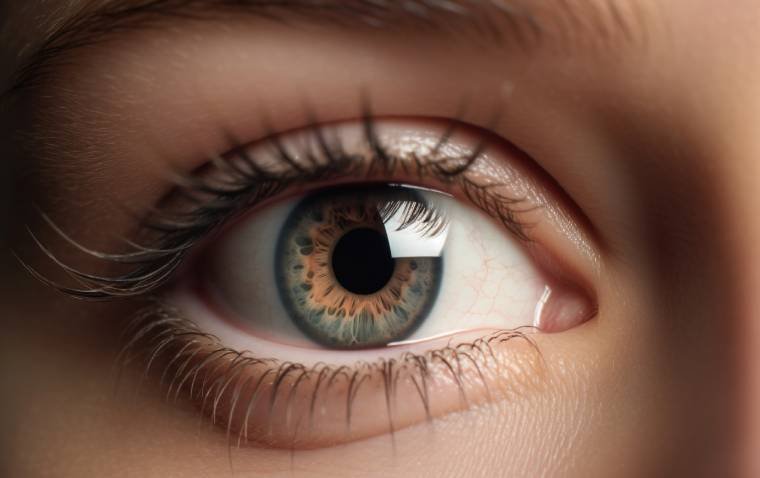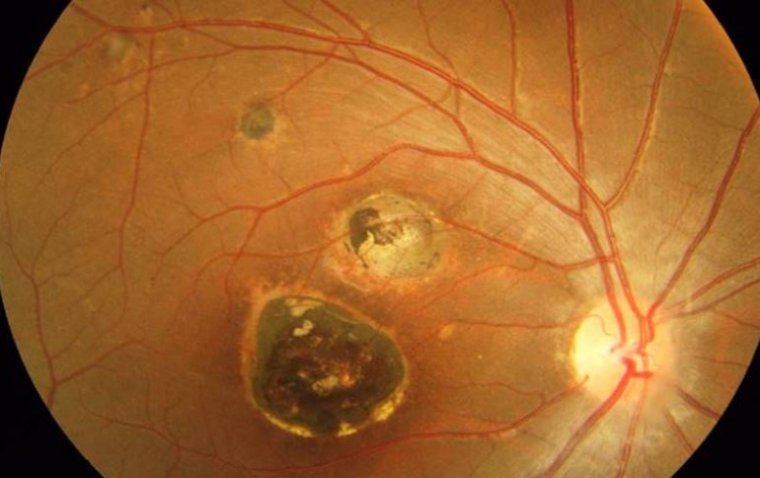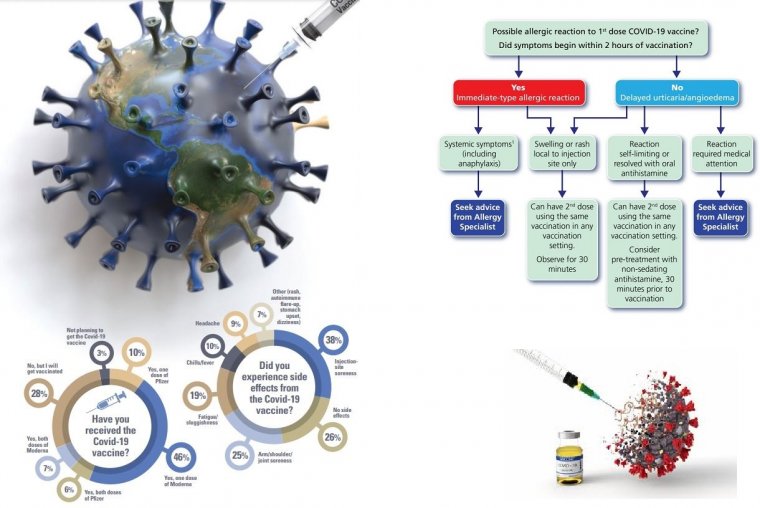
Covid-19 Vaccine & Ophthalmology
Puffy eyes, red eyes/eyelids, swollen eyelids, eye aches, eye lids hurting when blinking, slight lip swelling and itchy face – neck are all the reported side effects of Covid-19 Vaccines.
Fear of side effects, including how it may affect vision, ranks as the primary reason that some people remain hesitant to be vaccinated against the virus that causes Covid-19. However, no evidence has surfaced yet that any widespread side effects from the vaccines are related to vision.
It’s worth noting, though, that at least one isolated incident of an eye-related side effect has been reported — a health care worker in Alaska who experienced eye puffiness after getting a COVID-19 shot.
The U.S. Food and Drug Administration (FDA) is investigating this among other rare allergic reactions to the coronavirus vaccine produced by Pfizer and BioNTech.
When it comes to the Covid-19 vaccine, we all are mostly in. According to the most recent wave of Covid-19 research, almost 100% of eyecare professional respondents are either already inoculated (69%) or plan to get vaccinated (28%).
Only 3% say they do not plan to receive the Covid-19 vaccine. And, while the rollout of the Covid-19 vaccine ramps up across the country—with health care workers standing near the front of the line to receive the shot—eyecare professionals are faced with several important decisions right now.
“Will I get vaccinated? Will I ask our people to get the vaccine? Will I offer an incentive to do so?” In fact, a full 69% say that they will ask staff members to get vaccinated, but only 6% will require it.
Another 12% say they will incentivize staff to receive the vaccine. One large optical retailer, Eyemart Express, announced in February that it will pay bonuses to frontline associates that receive the Covid-19 vaccine.
COVID-19 & Ivermectin
Ivermectin, an antiparasitic drug being studied as a potential — although controversial — remedy for COVID-19, helps treat a disease that can cause vision problems but may also cause side effects involving the eyes.
In January 2021, the National Institutes of Health (NIH) noted that there wasn’t enough data to recommend or discourage use of ivermectin as a treatment for COVID-19.
In 2020, the U.S. Food and Drug Administration (FDA) warned against humans taking ivermectin, intended for treatment of heartworms in animals, as a potential treatment for COVID-19.
These alerts came out as recent research indicates ivermectin had curbed reproduction of SARS-CoV-2, the virus that causes COVID-19, in a lab setting. The research, published in June 2020, didn’t involve people or animals.
Merck, the maker of ivermectin, and others have underscored the fact that no evidence thus far points to the drug being a safe or effective treatment for COVID-19.
However, Merck says its scientists “continue to carefully examine the findings of all available and emerging studies of ivermectin for the treatment of COVID-19 … .”
COVID-19 & Eye Problems With Children
While COVID-19 vaccines haven’t been tied to serious vision issues, researchers have detected eye problems in a number of children with the disease itself.
One study showed nearly one-fourth of children at a Chinese hospital who were treated in January, February and March 2020 for COVID-19 had developed mild eye problems. Those problems included eye discharge associated with conjunctivitis (pink eye), eye rubbing, eye pain and eyelid swelling.
(1).jpg)
